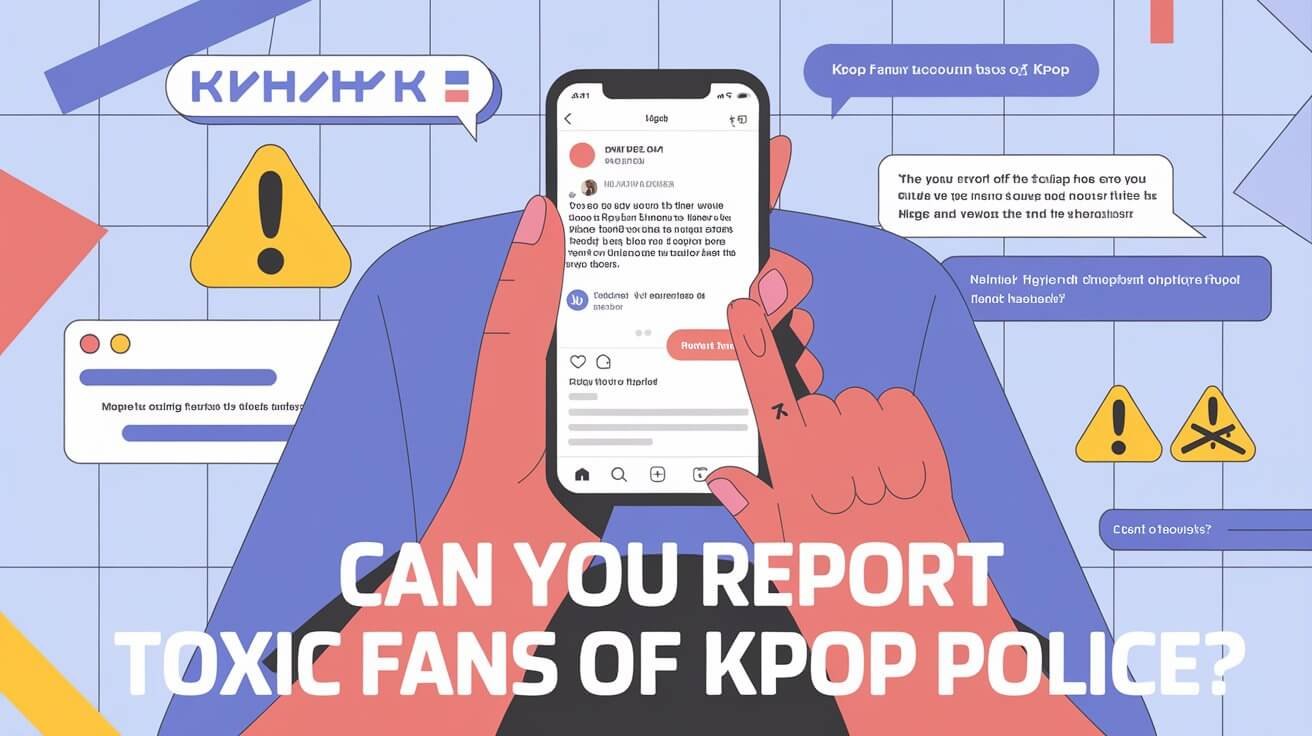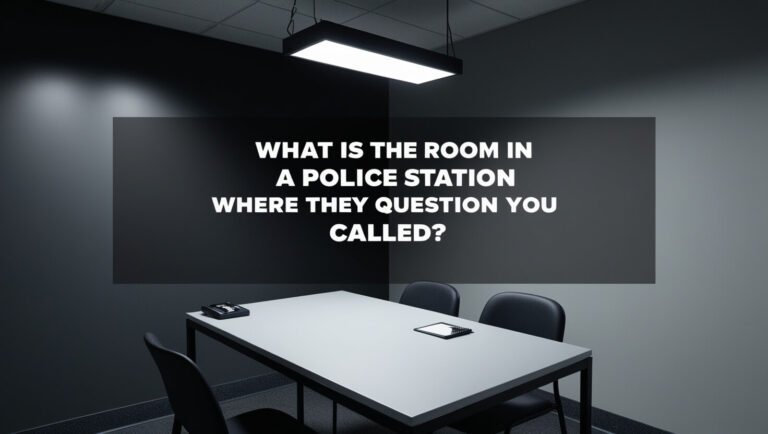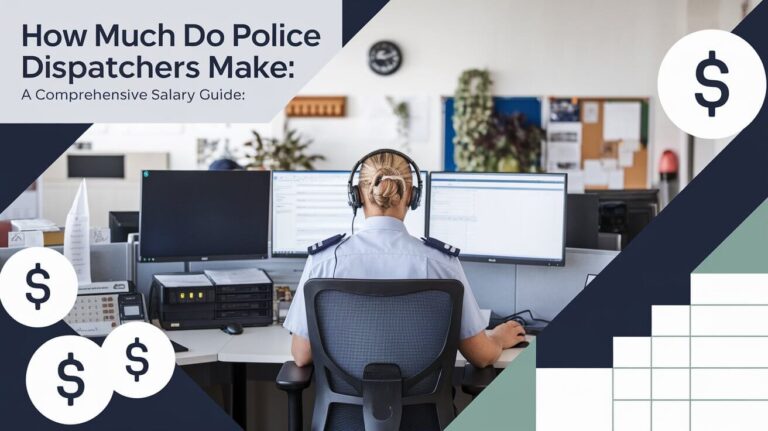Can You Report Toxic Fans Of Kpop To Police: Steps to Take

K-pop fans are known for their deep love for their favorite artists. But, some have shown toxic behavior. This can harm both individuals and the community. Many wonder if it’s possible to report these fans to the police.
Recently, K-pop fans have shown their strength by organizing charity events and correcting false information about K-pop stars. Yet, this energy can sometimes turn toxic. K-pop fans, like any other fan group, can sometimes be hurtful or harassing. It’s important to know how to address this, including reporting to the police.
The K-pop community is dedicated and enthusiastic. But, it’s vital to keep the environment positive and respectful. When toxic behavior happens, we must act to protect everyone. Reporting toxic fans to the police is one way to do this. It’s important to understand the process and laws involved. K-pop fans and toxic behavior are serious issues that need attention and action, including police reports when needed.
Toxic Fan Behavior in K-pop Communities
Toxic fan behavior is a big problem in K-pop communities. Harassment, cyberbullying, and stalking are common. These actions can cause emotional pain and even physical harm.
Types of Harmful Fan Activities
Some toxic fan behaviors include making fake accounts to target people. They also contact employers to get people fired. And, they post hateful comments, insults, and death threats online. These actions are very harmful and create fear and intimidation.
Impact on Artists and Other Fans
Artists and other fans are affected by toxic fan behavior. They face cyberbullying for questioning K-pop acts or labels. Journalists, mainly women, are also at risk of online abuse. The fear of backlash is so high that some media avoid covering K-pop.
Distinguishing Between Criticism and Harassment
It’s important to know the difference between criticism and harassment. Criticism is normal and healthy. Harassment is abuse that can have serious effects. By understanding this, we can make K-pop communities safer and more supportive for everyone.
Legal Definition of Fan-Based Harassment
Fan-based harassment is a big problem that affects many people. The laws about harassment vary by country. But, it usually means actions meant to scare, threaten, or annoy someone. In fan communities, this can include online bullying, stalking, and even physical attacks.
Knowing what fan-based harassment is helps us tackle it. It’s about spotting different kinds of harassment, like spreading false rumors or attacking creators. The rise of online harassment in fandoms, like in Voltron Legendary Defenders and DC, shows we need to understand it well.
Some examples of fan-based harassment are:
- Long-term racist harassment targeting Black/brown people and aggressive mistreatment in fanworks
- Harassment of celebrities, such as Tyler Posey, who faced a decade of harassment in the Teen Wolf fandom
- Anti-fans targeting specific characters or relationships in fandoms like Star Wars
We must fight fan-based harassment to make fan spaces safe for everyone. We can do this by teaching people about harassment laws and how they affect fan communities.
Police Jurisdiction Over Online Fan Behavior
Online fan behavior raises complex questions about police jurisdiction. With international fan communities growing, online interactions often span national borders. This brings up important issues about police authority and international law.
K-pop fans’ online actions can have real-world effects. For instance, Chinese fans might buy many items to support their idols. This behavior can lead to economic and social problems.
International Law Considerations
International law is key in managing online fan actions. Yet, enforcing these laws across borders is tough. It’s vital to create clear rules for international cooperation.
Cross-Border Enforcement Challenges
The table below shows some big hurdles in enforcing laws across borders:
| Challenge | Description |
|---|---|
| Jurisdictional issues | Determining which country has jurisdiction over online interactions |
| Lack of international cooperation | Difficulty in coordinating efforts between countries to enforce laws and regulations |
| Technological challenges | Keeping up with rapidly evolving technologies and online platforms |
Knowing these challenges helps us find ways to handle online fan behavior. We can work towards a safer, more respectful online space.
Evidence Required When Filing Police Reports
When you file a police report for fan-based harassment, you need to have enough evidence. This can be things like screenshots or emails of the harassment. Also, witness statements from people who saw the behavior are important.
The type of evidence needed can change based on where you live. But, it usually includes:
- Documentation of the harassment, such as screenshots or emails
- Witness statements from others who have witnessed the behavior
- Any other relevant information, such as dates, times, and locations of the incidents
It’s important to keep a detailed record of all incidents. Include dates, times, and what happened. This helps support your police report and build a strong case against the person who harassed you. Filing a report can seem scary, but with the right evidence, it’s easier and can lead to a good outcome.
| Type of Evidence | Description |
|---|---|
| Documentation | Screenshots, emails, or other written records of the harassment |
| Witness Statements | Statements from others who have witnessed the behavior |
| Incident Records | Records of dates, times, and details of the incidents |
Providing enough evidence, you help make sure your case is taken seriously. Police reports are a powerful tool against fan-based harassment. Having the right evidence can make a big difference.
Can You Report Toxic Fans of K-pop to Police: Legal Framework
Reporting toxic fans to the police has a complex legal framework. It changes by country. You need to know the laws and regulations, like criminal harassment and cyberstalking rules. These laws aim to keep people safe from harmful online actions.
K-pop’s global fan base makes the legal framework key. Fans worldwide face different laws. For instance, in the U.S., there are laws against online harassment and stalking.
Criminal Harassment Laws
Criminal harassment laws protect people from being harassed or threatened. They cover online actions too, like social media posts. These laws help keep K-pop artists and fans safe from toxic fans.
Cyberstalking Regulations
Cyberstalking rules aim to stop online threats and harassment. They apply to many online actions, including social media. These rules help safeguard K-pop fans and artists from harmful online behavior.
Social Media Platform Policies
Social media sites have rules for dealing with toxic behavior. These rules work with the law to protect users. For example, platforms might remove hate speech and harassment.
Steps to File a Police Report Against Toxic Fans
Filing a police report against toxic fans is a key step in stopping fan-based harassment. It’s important to know the steps involved. When facing toxic fans, always put your safety first.
To file a report, you’ll need to gather evidence like screenshots, messages, or witness statements. Then, you’ll submit this evidence to the police. The exact steps may vary by location. But, you can usually expect to:
- Contact your local police department to report the incident
- Provide as much detail as possible about the harassment, including dates, times, and any relevant evidence
- Cooperate with the authorities to investigate the incident and potentially press charges
Filing a police report is a big step in making toxic fans accountable. It helps make the fan community safer and more supportive for everyone.
| Step | Description |
|---|---|
| 1. Gather evidence | Collect screenshots, messages, or witness statements to support your report |
| 2. Contact the police | Reach out to your local police department to report the incident |
| 3. Cooperate with the investigation | Work with the authorities to investigate the incident and potentially press charges |
Role of Social Media Platforms in Fan Behavior Reports
Social media platforms are key in dealing with fan harassment. Many have reporting tools to tackle this issue. For example, Twitter lets users report abusive tweets. Instagram also has a feature for reporting bad comments or posts.
Platforms often ask for proof of harassment. This can be screenshots of the problem tweets or posts. They also want any messages or comments related to the issue. This helps platforms take action against harassers and make the internet safer.
Some platforms have special tools for reporting. For instance:
- Twitter: Users can report tweets that break the rules.
- Instagram: Users can report comments or posts that are not right.
- Facebook: Users can report posts or comments that don’t meet community standards.
Using these tools and providing the right documentation helps reduce harassment. It makes the online world better for everyone.
| Social Media Platform | Reporting Tool | Documentation Requirements |
|---|---|---|
| Reporting system | Screenshots of offending tweets | |
| Reporting feature | Screenshots of inappropriate comments or posts | |
| Reporting system | Screenshots of posts or comments that violate community standards |
Rights and Protections for Victims of Fan Harassment
Victims of fan harassment deserve protection and support. In the United States, laws help keep them safe. For example, Big Hit Entertainment has sued for malicious comments, showing the need to hold wrongdoers accountable.
There are support services for those affected, like counseling and legal help. These resources offer emotional support and guide victims through legal steps. Fans can also help by reporting harmful content and giving evidence to the police.
Here are some ways to support victims of fan harassment:
- Reporting malicious posts to the authorities
- Submitting evidence to support legal action
- Providing emotional support and counseling
- Raising awareness about the issue of fan harassment
Together, we can make a safer space for all fans. Support services help victims heal and move on. Let’s work together to protect and support those affected by fan harassment.
Support Resources for Targets of Fan Harassment
People who face fan harassment need help to deal with the trauma and legal issues. Luckily, there are many support resources to help them through tough times.
Legal aid services are there to guide and represent victims. Mental health support is also key to help with the emotional effects of harassment.
Here are some support resources for those facing fan harassment:
- Counseling services to address emotional trauma
- Legal aid services to provide guidance and representation
- Support groups to connect with others who have experienced similar situations
It’s important for victims to know they’re not alone. Reaching out to these resources is the first step towards healing and justice.
| Resource | Description |
|---|---|
| Counseling services | Provide emotional support and guidance |
| Legal aid services | Offer legal guidance and representation |
| Support groups | Connect individuals with others who have experienced similar situations |
Prevention Strategies for Fan Communities
Fan communities can help stop fan-based harassment by using good prevention strategies. It’s important to engage with the community to keep things positive and respectful. By teaching fans about their actions and encouraging them to talk openly, we can stop harassment together.
Here are some ways fan communities can prevent harassment:
- Setting clear community rules and guidelines
- Encouraging respectful and open conversations
- Teaching about the effects of harassment
- Building a welcoming and inclusive community
Working together and using these strategies, fan communities can be safe and supportive for everyone. This helps prevent harassment and makes the community a better place for all.
| Prevention Strategy | Description |
|---|---|
| Community Guidelines | Creating clear rules for community behavior |
| Respectful Dialogue | Supporting open and respectful talks among members |
| Education and Resources | Sharing info and resources on harassment and prevention |
Working with Law Enforcement Effectively
Dealing with fan-based harassment means working closely with law enforcement. It’s key to communicate well and follow up. This way, concerns get heard and solved quickly.
To work well with law enforcement, clear communication is vital. Share all the details of the incident, like when and where it happened. Also, be ready to give evidence, like photos or witness statements. This helps build a strong case against harassers.
Considerations for Follow-up Procedures
- Regularly follow up with law enforcement to ensure that the case is being investigated and that progress is being made.
- Provide additional information or evidence as it becomes available.
- Stay informed about the status of the case and any possible outcomes.
Effectively working with law enforcement and following best practices, we can make spaces safer for fans and artists.
Last Thoughts
As we wrap up our talk on fan-based harassment, it’s key to stress the need for a peaceful K-pop fan community. Reporting bad behavior to the police is important. But the real fix is in building a culture of respect, empathy, and understanding among fans.
K-pop artists bring people together from all walks of life. Their fans can help spread this unity. By creating a supportive space, talking openly, and tackling problems, we can make a fan community that loves the music and the culture it brings.
Together, we can fight harassment, talk to platforms, and support those affected. This way, K-pop fans can enjoy their music without worry. Let’s work towards a community that values creativity, diversity, and the love for K-pop.
Questions We Get Asked
What is toxic fan behavior in the K-pop community?
Toxic fan behavior in K-pop includes harassment, cyberbullying, and stalking. It can cause emotional distress and even physical harm.
How can I distinguish between criticism and harassment?
Criticism is normal and healthy. Harassment is abuse that can harm others. It’s key to tell the difference.
What is the legal definition of fan-based harassment?
Harassment laws vary by country. But, it usually means behavior meant to intimidate or threaten. In K-pop, it includes online bullying, stalking, and violence.
Which country has jurisdiction over online fan behavior?
Online behavior laws are complex. It’s hard to enforce laws across borders. International cooperation is needed.
What type of evidence is required when filing a police report for fan-based harassment?
When reporting harassment, you need solid evidence. This includes screenshots, emails, and witness statements.
What is the legal framework for reporting toxic fans to the police?
Reporting toxic fans to the police has a complex legal framework. It involves criminal harassment laws, cyberstalking rules, and social media policies.
What are the steps to file a police report against toxic fans?
Filing a police report against toxic fans is challenging. But, it’s vital. You need to gather evidence and follow the right steps.
How can social media platforms help address fan-based harassment?
Social media platforms are key in fighting fan-based harassment. They have reporting tools and rules to help address this issue.
What rights and protections are available to victims of fan harassment?
Victims of fan harassment have rights. They should be protected from further harassment and get support to cope with trauma.
What support resources are available for targets of fan harassment?
Targets of fan harassment need support. This includes legal aid and mental health services to help them deal with trauma and legal issues.
How can fan communities prevent fan-based harassment?
Fan communities can prevent harassment. They can use strategies like community engagement and education.
How can I work effectively with law enforcement to address fan-based harassment?
Working with law enforcement is key in fighting fan-based harassment. It involves good communication and following up on actions.






